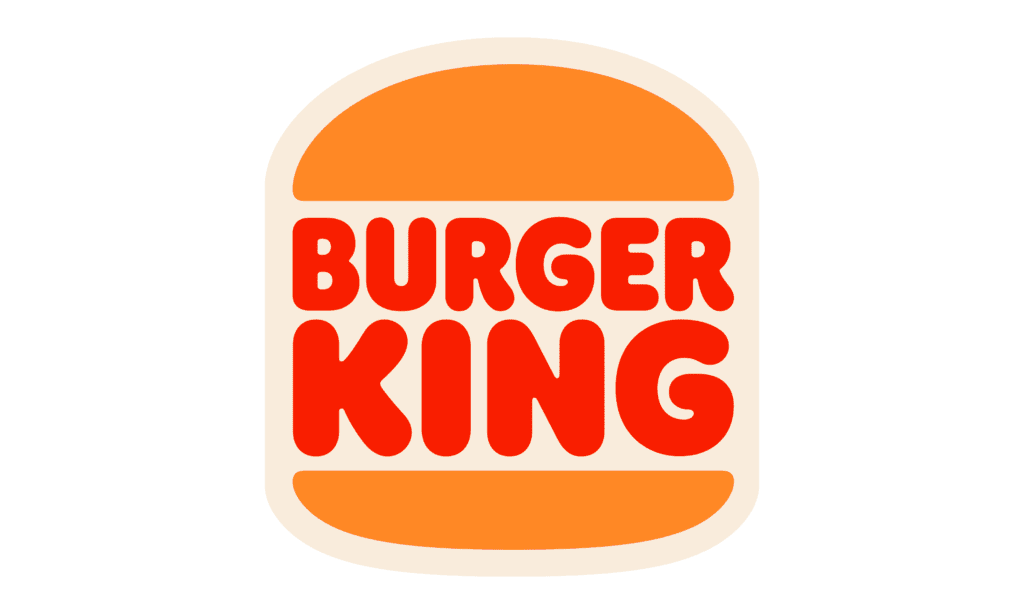Iconic Ads: Sony Bravia – Balls

Fallon began working with Sony in 2002, and the strategy process began then.
From ‘Go Create’ to ‘You Make It A Sony,’ there had already been a transformation. Now, a rethinking of the company’s brand strategy, particularly its tagline, had revealed the necessity to reaffirm the Sony brand’s individual essence and originality.
Sony felt compelled to re-enter the market with a more confident line, which led to the creation of “Like No Other.”
This was accomplished by making a statement about each product’s human benefit, ensuring that each of Sony’s sub-brands had a strong top-tier claim to its target demographic. ‘Colour Like No Other,’ for example, summed up the human advantage of Bravia’s technology.
Being positioned and accepted as an entertainment brand in a technological market also assisted the brand’s promises to be benefit-focused and consumer-centric, rather than fussing over pixel resolutions and the like, which has been the technology sector’s staple for years.
The original brief to Fallon was prepared in the summer of 2004 and focused on the Bravia’s processing capacity, which offered a clearer, higher-quality image. This was because technological features were thought to be the most important factor influencing purchasing decisions at the time.
Then, according to studies, there was a lack of perceived differentiation within the marketplace in the eyes of the European consumer – all of the major manufacturers were delivering identical quality and remarkably similar design characteristics. In this world of parity, pricing was also becoming a big concern for many buyers – a major consideration because Sony products were on average more expensive than their competitors.
The Revised Brief
Instead of following the herd, Sony chose to focus on developing strong sub-brands based on consumer benefit and the sensation of improved pleasure only Sony can provide.
‘This is when the brief shifted.’ They needed to connect with customers on an emotional level while also presenting a rational justification.
“Sony Bravia Brings Incredible Color Into Your Life,” the pitch became.
There was also a great deal of misunderstanding at this time, as customer interest in high definition grew, and all of the technological companies rushed to provide answers.
When it came to purchasing a television, consumer research proved that colour is the best shortcut. It also gave dealers a quick way to communicate the product’s benefits to customers: this one has the greatest colour. Finally, Fallon decided that colour was the most compelling principle on which to construct the brand.
While there was a lot of leeway for creativity, there was no room for mistakes. Because television sales account for the majority of Sony’s electronics business, this would be a pivotal campaign for the corporation. It was just not an option to get it wrong.
The Idea
Just before Christmas 2004, the Sony team saw multiple ideas from various creative teams which were from the philosophical to the mundane. But there was only one script that the agency was actually thrilled about, and it was the only one that stuck out. It was by far the most ambitious, as well as the most concerning. The script was arguably the shortest ever written. “We go to San Francisco and unleash a million brightly coloured balls wild down the city’s steep slopes,” it simply stated. “Color Like No Other”
Another justification offered by the creatives was that “if Bravia has the best colour, we need to develop a test to show it” – and a million brightly coloured bouncing balls hurtling down a hill at 60mph was a wonderful test.
This project’s location was crucial. San Francisco not only supplied a recognizable location and hence a framework for the advertisement, but it also gave it a ‘west coast’ feel. Although this was more of a post-production dispute, there was a lot of discussion regarding whether or not people should be featured.
Even though Sony liked the idea, Fallon had a long way to go to show them that it was actually possible, especially if the authorities in San Francisco could be persuaded to let them loose on the city. But, in Nicolai Fuglsig of MJZ, Fallon wasted no time in locating a production company and a director willing to take on the assignment.
Juan Cabral, had never worked on the Sony account until joining the firm in 2003. ‘Balls,’ which he developed alongside Richard Flintham, the agency’s executive creative director, demonstrated his ability to think outside the box and provide truly distinctive creative solutions.
The Production
The team’s largest challenge after coming up with the concept was actually obtaining one million rubber balls. They discovered a plant in China that could produce the balls, but it would take three months to produce them, plus another month to ship them to San Francisco. This would have a significant impact on timings so they had to explore alternate scripts as a backup.
The production firm, on the other hand, was able to solve the problem by purchasing the majority of the bouncy balls in the United States, a total of roughly 250,000, which was deemed sufficient to continue with the shoot.
The Mill post-production house was requested to attend in case any CG ball fill-in was required, however, this was not required. Every single frame was captured on camera in order to portray the bright actuality of the balls and the way they moved. There were no computer graphics used at all.
Despite its size, ‘Balls’ came in under budget, despite the fact that there were more variations of the commercial than had been anticipated. A large portion of the funding was allocated to the construction of 12 cannons, each capable of firing 5,000 projectiles into the air. These were critical to the project’s success since they ensured that the balls rose rather than rolling along the ground.
All drains were covered prior to the shot, and afterwards, students on roller skates collected the bouncy balls and distributed them to neighbourhood children who had come to watch. The crew had conducted some tests in Los Angeles the week before, but they were small-scale and only provided them a few hints as to whether everything would go as planned.
The event required the closure of an entire block in San Francisco. A 23-man camera crew was responsible for the major scene, which had only one shot to get it perfect. As they waited for the cannons to be loaded, the mood was rather tense. Finally, “action!” was shouted, and the cannons were fired. The balls were flying down Filbert Street at such a rapid rate that the camera team needed body armour and riot shields to stay safe.
The Film
The basis behind the creative concept was that the ad needs to be really rapid and dynamic during the planning stages. It wasn’t until the team started looking at the rushes that they realized how beautiful it could be.
Back in London, the Sony team also remembers watching the rough edit of the commercial for the first time. This was the first time they’d heard the agency’s suggestion for the accompanying music, José González’s ‘Heartbeats.’
The film was then put together in slow motion and accompanied by a cover of the Swedish song “Heartbeats” by singer José González. “I admired José González a lot and didn’t want to use his music in advertising,” Flintham says, “but this song fit perfectly, there couldn’t be another.” The song has a natural calmness to it that was perfect for slow-motion shots.
Fallon first performed a two-and-a-half-minute version of the commercial, which included the full song. This wasn’t planned, but there was so much wonderful footage that it became doable.
The campaign debuted in the United Kingdom on November 6, 2005, when Sony purchased an entire ad break on Sky Sports 1 immediately before the kick-off of the season’s greatest football match: Manchester United vs. Chelsea. During the game, a representation of the bouncing balls was made on the digital perimeter boards, and a 60-second version of the commercial was shown during the halftime commercial break.
The initiative also taught the crew how to use the internet effectively. As a result, the campaign really got started on the first day of the production, when local citizens started filming the shoot with their Handycams and uploading it to sites like YouTube and Google Video. Because of the rapidity with which these Handycam films were uploaded and spread throughout the world, the film became famous before it even aired, even in places where it never aired, such as the United States. This contributed significantly to the campaign’s success.
The only damage was a few damaged windows on a couple of cars, but Cabral said the owners were unconcerned. Giant nets at the ends of the streets were used to gather as many balls as possible, with pedestrians and children occasionally stopping to assist.




1 Comment